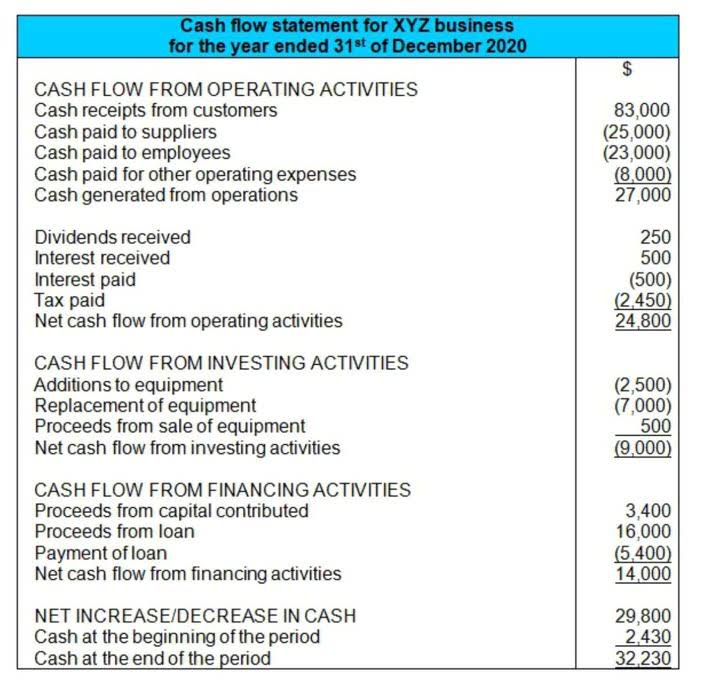
The difference in the two types of corporations is tax treatment and the number of shares you can issue. In an S-corp, you’re limited to 100 shareholders and one class of stock. In a C-corp, you can issue unlimited shares and classes of stock, making it the structure of choice for firms that want to raise money from investors by selling equity. The key difference among these three types of partnerships is the extent of personal liability for business debts.
- That means that if something terrible transpires to the business, the shareholder’s personal bank accounts cannot be wiped.
- Because liability is limited, creditors cannot go after partners’ personal assets for company debts and liabilities.
- Their disadvantages are that they may give rise to agency problems, are difficult to form, are subject to stricter rules and regulations, and shareholders are subject to double taxation.
- Individual assets can also become accessible if business and private funds intermingle as part of the corporate structure.
There is no national-level incorporation process to follow in the United States. That’s why small businesses usually decide to become an LLC is personal asset protection is necessary. If someone currently owns an LLC, it is possible to combine the benefits of the structure with that of an S-corporation. Owners would need to contact the IRS in the U.S. to make a special election using Form 2553 to achieve this outcome. Investors don’t need to get involved with the daily operations of the business to earn a return from their activities. Owning shares can result in equity increases and dividend payments that allow for profits.
Cons of a Corporation:
To officially form your business, you will need to apply for a Certificate of Limited Partnership through your secretary of state. One of the main features of a limited partnership is the two different types of partners — general and limited. A general corporation pros and cons partner is the one who is responsible for the daily operations of the business and is fully legally responsible for all aspects of the business. This includes the business’ debts, financial and legal obligations, as well any business dealings.

Today, businesses can also achieve limited liability through LLC formation or election of S-corp status. They are also subject to “double taxation.” While profits and losses pass through an S corp entity to shareholders’ personal income taxes, C corp taxes must be paid at the corporate and shareholder level. Then, those profits are passed along to its shareholders in the form of dividends. An S corp is a business structure and tax election that allows the business to pass through all its income as well as any deductions, credits and losses to its shareholders. Shareholders must pay business taxes on their personal income tax returns.
